This year, Agribank celebrates its 35th anniversary, and you have worked at Agribank for more than 30 years. Can you share with Dan Viet readers the reason why you came to the farmers' bank and stayed there all your life?
– I still remember the first day I worked at Agribank was January 1, 1992. I came to Agribank as a fate. The year I graduated as valedictorian (1990) was a time when Vietnam faced many difficulties, the country had just shifted from a subsidized economy to a market economy, followed by the events of Eastern Europe and the Soviet Union disintegrating. That was also the first year that students graduating from school were not assigned jobs by the school and had to find their own jobs. Many of my classmates could not pursue a career in banking and had to work in other fields. At that time, the banking industry also began to be transferred from a banking model under the State Bank to a two-tier model and commercial banks also began to be established. That was also the time when Agribank – originally named the Vietnam Bank for Agriculture – had a policy of recruiting students to supplement the workforce. That was how I joined the Agribank family.
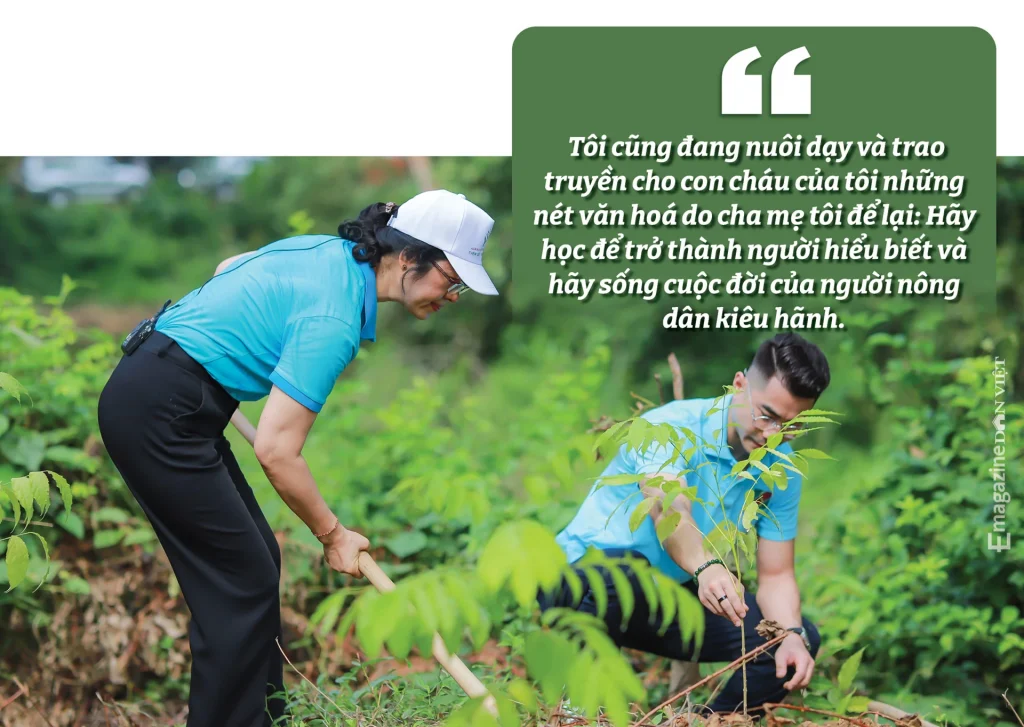 When working at Agribank, what did a Hanoi girl like you know about agriculture, farmers, and rural areas?
When working at Agribank, what did a Hanoi girl like you know about agriculture, farmers, and rural areas?
– Although I was born and raised in Hanoi, at that time my family lived in Dich Vong, Cau Giay area, which was still completely an agricultural area with rice fields, ponds, gardens, etc. During the years of war evacuation or summer vacation, my grandparents sent me back to my hometown. Here, I went with my siblings to bail water, pull rice seedlings, carry rice, cut grass, herd buffaloes or carry baskets to the fields to catch crabs at noon. Having participated in farming since childhood, I understand the difficulties and also understand the joys of children when they run in the fields, play among the haystacks, play in the yard on bright moonlit nights, and happily dance and sing to welcome Hang and Cuoi. So, although I was born in Hanoi, my childhood was also “muddy-footed and muddy-handed” and agriculture and farmers were a part of life.
After decades of contact with farmers, when thinking about farmers, what is your biggest impression? – Thinking about farmers, my first feeling is emotion. Because farmers have always been hard-working people, suffering many disadvantages both in building and defending the country. We went through two resistance wars thanks to the blood and bones of farmers. In martyrs’ cemeteries, the names on the tombstones are mostly the children of farmers. We overcame hunger and poverty, and exported goods to all five continents thanks to farmers. My family has three people in the army, my father and two brothers. So my feelings for farmers are always so close.
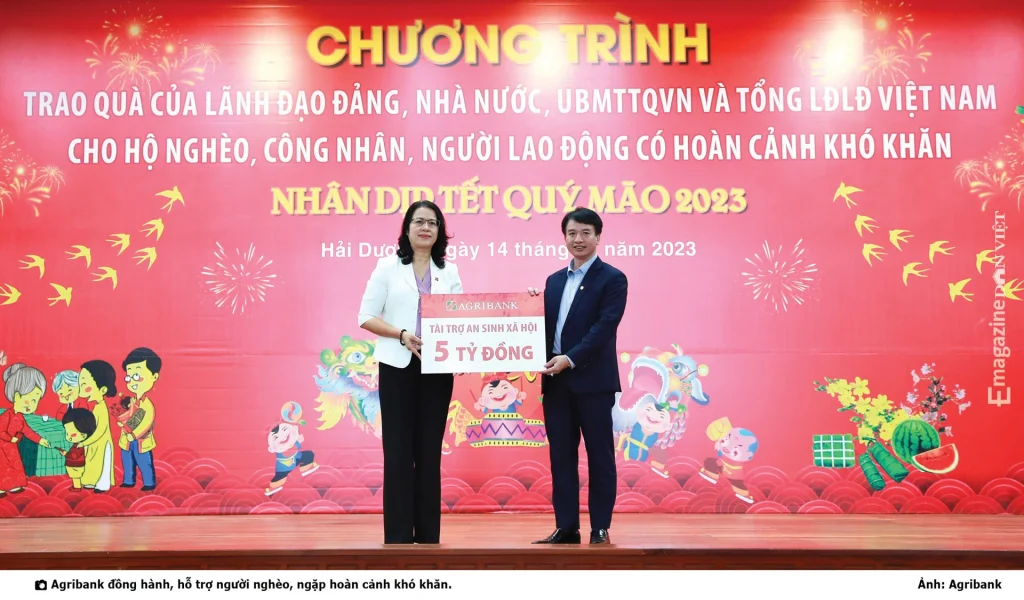 What images often make you emotional or sad when you remember farmers?
What images often make you emotional or sad when you remember farmers?
– I often think of the roads. The roads that our Agribank credit officers have been traveling over the years. Most of them are unpaved, bumpy and muddy roads. Traveling is extremely difficult, especially during the rainy season. Perhaps that is why, every time the rainy season comes or we hear news of a region having floods, my colleagues and I in the system all turn our thoughts and feelings to that area with anxiety and restlessness, just hoping to minimize the damage… A damage there is like Agribank itself being damaged. Because those are customers, assets, and what Agribank has invested in. So farmers’ losses are always closely linked to Agribank. Therefore, for Agribank, every rainy season comes, there is always a worry about whether this year will have a good harvest, what natural disasters, storms and floods will be like, and which areas will be most severely damaged? So Agribank always maintains a social security fund reserve of about 500 - 600 billion VND/year to be ready to support farmers when natural disasters occur.
I can imagine that she and the people in the Agribank system always think and feel like a farmer, happy with their joy of a good harvest, sad with their sadness of price reduction, crop failure... - Yes, we accompany farmers throughout the production process, from choosing plant varieties, goods, livestock, to the consumption process. We help, guide and support people, help them learn effective farming and production models. Help our people escape poverty from poverty, from poverty to rise up and gradually become rich. That is companionship, not simply a story of giving capital to lend.
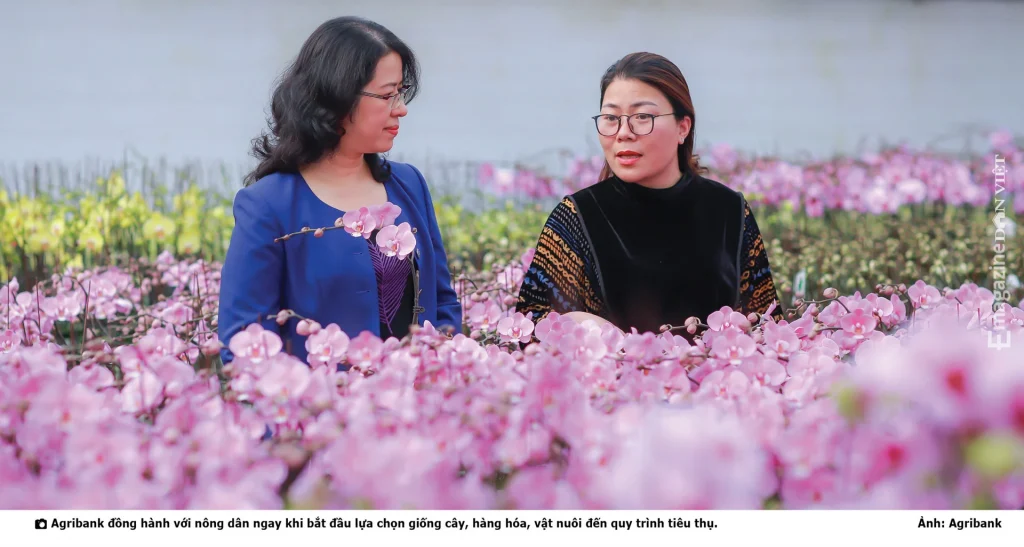
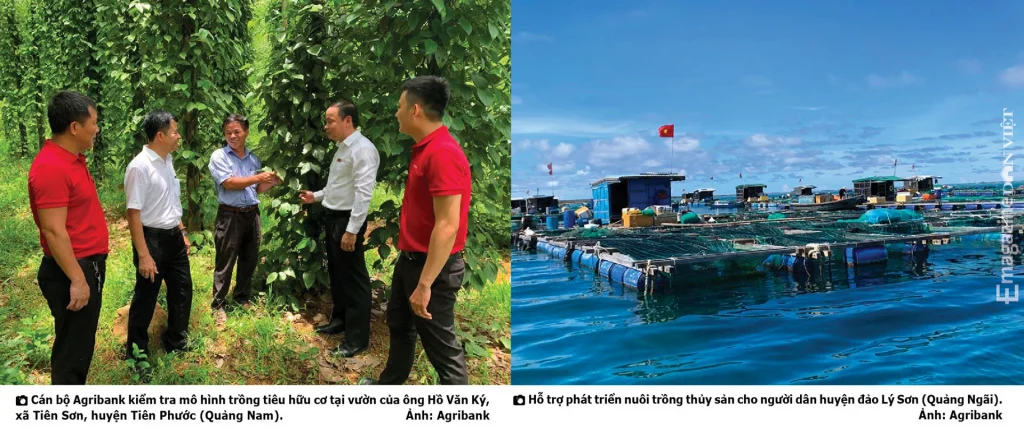
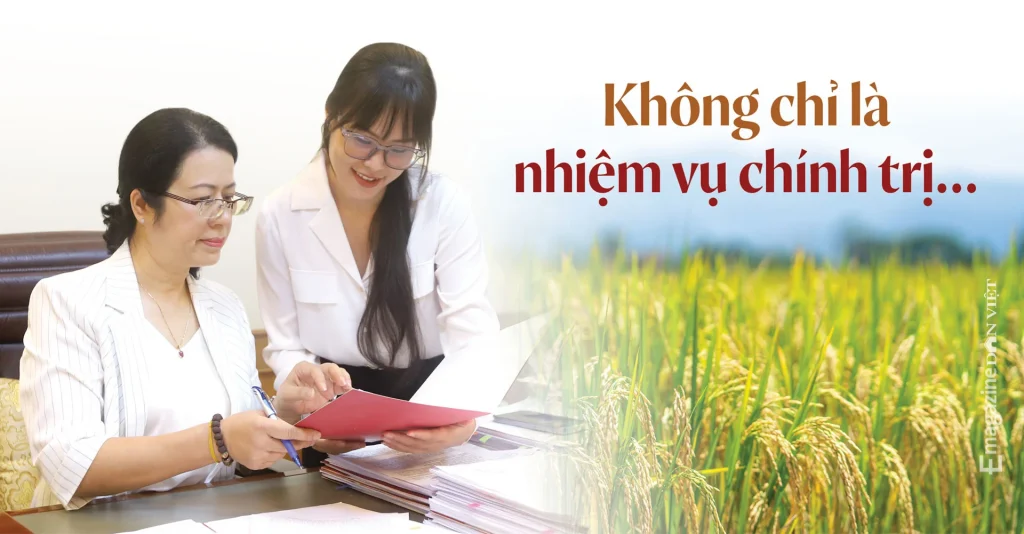
Currently, outstanding loans in rural areas account for 65-70% of Agribank's total outstanding loans. So for Agribank, are rural areas and farmers a political assignment, a purpose or a driving force, a competitive advantage? - Initially, it was a political assignment and task. But in the journey of more than 30 years of development, Agribank has increasingly realized that rural areas are the main market and farmers are the target customers. We are an agricultural country, with the largest proportion of people working in agriculture and rural areas. If Agribank's capital helps rural areas innovate and develop, it means making a very meaningful contribution to the country's economic development. Agribank, with its mission over the past 35 years as a "midwife", has contributed part of its efforts with ministries, branches, localities and enterprises to gradually increase agricultural productivity; step by step, Vietnam's agriculture has been brought from small scale to large scale, constantly improving quality, then to production chains and finally our products have gradually dominated the domestic market and exported to the world. In recent years, Vietnam's agriculture has been growing and Vietnamese agricultural products have become more and more prestigious in the market. That achievement is partly due to Agribank's efforts.
If it could do it again, would Agribank choose another more lucrative and profitable field as its main market instead of its current purpose of farmers and rural areas? - For Agribank, rural areas and farmers will always be the main market, because the network system has been attached to the base and the locality for more than 30 years. Along with investing in agriculture and rural areas, Agribank also maintains and expands its activities and presence in urban areas. That is, the previous credit structure of Agribank was 90% invested in agriculture, now it is gradually decreasing to 80%, then to 70% and now it is about 66 - 68% of total outstanding loans of the whole system.

To imagine the future, for example, what will rural Vietnam be like in the next 10-15 years and where will Agribank stand in that future? - In my imagination, the picture of rural Vietnam will be a very colorful picture, in which each city and each locality will have a unique color with the strengths of that land. When each locality promotes its strengths and closely links with regional links, we will have a comprehensive, overall picture. The image of Agribank at that time will be the image of the most beautiful people, holding hands together on the colorful map of 63 provinces and cities.
Currently, many banks are also having strategies to launch products and services to enter the rural market. Has Agribank begun to feel that competitive pressure and what strategy does it have to maintain its number one position in the rural market? – It is completely normal for other banks to expand their market into rural agriculture. Business must have competition. Thanks to the participation of banks, customers in rural areas and farmers have the opportunity to use products and experience services. That is also a good trend. As for Agribank, that is both a driving force and a pressure. In order to survive and develop, Agribank must also change and improve its processes, products, awareness, and communication style to better serve customers, better products and services, while still maintaining the culture and traditions of the bank.
Although there have been many policies recently to encourage investment in rural areas, preferential credit policies for rural areas, many farm owners, cooperatives and farmers still complain that it is very difficult to access capital. There are even opinions that capital bottlenecks are holding back the take-off of agriculture and rural areas. What do you think about this opinion? – This opinion is raised in every forum and everyone says that accessing capital is difficult, or that banks require too strict collateral, or that the amount of capital lent does not meet production needs. But the main bottleneck is that our production organization is not well managed, and there are many risks. That is the problem of the model, the chain link, between input and output products, the consumption stage... If the bank assesses a project as low risk, with high capital recovery, then investing capital is very simple, without any problems. The first reason for models that have difficulty accessing capital is that the effectiveness is not guaranteed, and the investment is not safe. Perhaps the problem here is that our production organization is not good. People are organizing production and consumption themselves. Ensuring output factors for people, ensuring production models in localities has been an issue for many years. For example, regional planning, geographical indications, quality, food safety, branding, organizing linkage chains, product consumption systems, etc. still have many problems. Many localities also organize conferences and forums to find solutions, but the issue of output for Vietnamese agricultural products is still a constant concern. There are still stories of good harvests and falling prices, or unusual export products that cannot fulfill export contracts as originally planned, leading to difficulties in recovering capital for banks. The Ministry of Agriculture and Rural Development is organizing a project on developing raw material areas, in which leading enterprises will be selected as the leaders of the chain, while cooperatives on the model of farm owners and farmers will be satellites in that chain. If this project becomes a reality and is safe, Agribank can completely invest in leading enterprises. Leading enterprises have production, organization, and management skills and have plans to consume products and reduce production costs. Thus, Agribank lending to leading enterprises will be much safer.
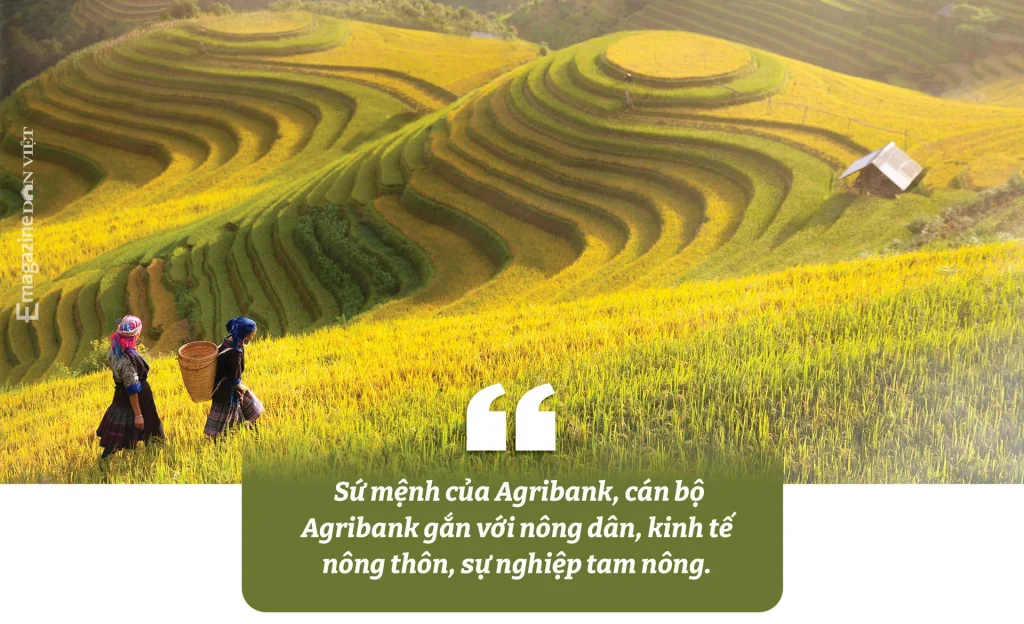 Traveling all over this S-shaped strip of land, you may have heard farmers say “Agribank is the bank of farmers, the friend of farmers”? How did you feel at that time?
Traveling all over this S-shaped strip of land, you may have heard farmers say “Agribank is the bank of farmers, the friend of farmers”? How did you feel at that time?
– Agribank was born from farmers, for farmers and grew up with the development of the countryside. Agribank was born to serve the three rural areas. Agribank’s success also comes from the three rural areas, its development also comes from the three rural areas. But the three rural areas are also the fulcrum, the driving force for Agribank to change to become better and better fulfill its mission.

People say that doing business in money is very stressful, how do you still maintain your youthfulness and full of energy? – Maybe it is because you maintain the mindset of a banker when helping someone with something, you feel happy, when a customer's project is successful, you are also happy. This year, the harvest of rice, fruit, fish, shrimp is better, I am also happy, or when agricultural products have good prices, agricultural exports increase, I am also happy. The joy is collected every day, from every little piece of information, the joy from work, the success from the first steps, looking back at the difficult journey you have overcome and achieved the results like today... That is both pride and motivation for me and every time I go to the base and look down at the fields, every time I meet my brothers at the base, I feel that I still have to try harder. I am a person who loves youth, loves youth movement activities because it always has youthfulness, innovation, and creativity. Through each of those activities, I have to change myself every day, always have to explore new things. That seems to make me younger.
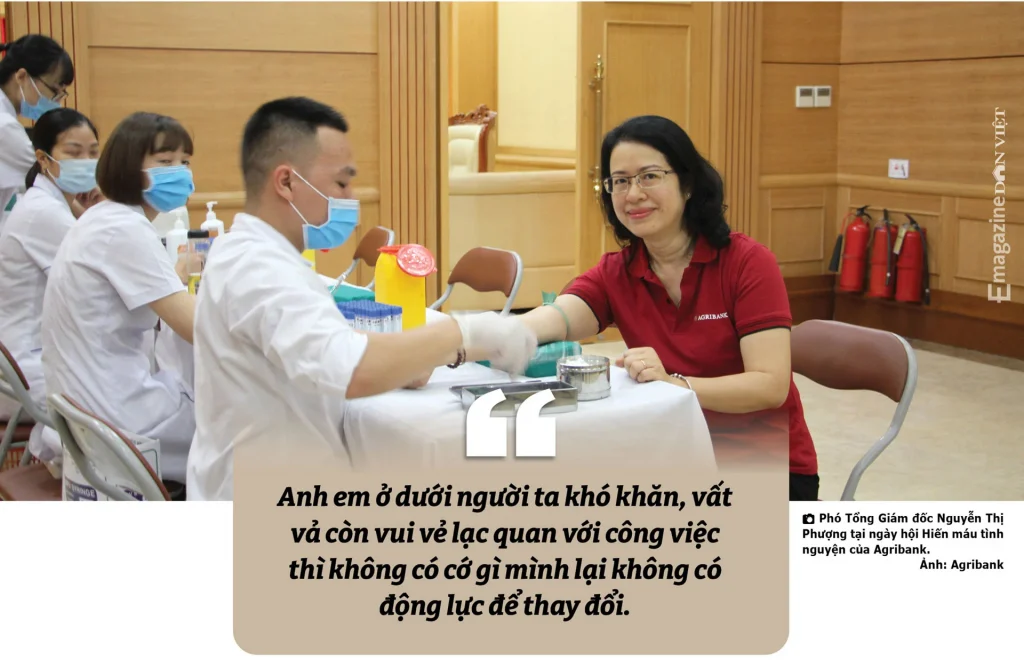 People often say that banking is a dry profession that requires dealing with money and numbers all day long, but you love art and paintings... Where does that love come from?
People often say that banking is a dry profession that requires dealing with money and numbers all day long, but you love art and paintings... Where does that love come from?
– Perhaps because since I was a child, I have loved literature, nature, experiences, community life, and rural culture. No matter where I go, the first thing I do is explore the local market. Through going to the market, I will see the living standards and economic life of the people in that area, then learn more about the local products, thereby discovering a miniature picture of the community in that area. Moreover, local culture is something I am very interested in, so wherever I go, I learn about the culture of that area through costumes, ways of dressing, folk songs, food, customs, etc. I have collected all of these things every day for more than 30 years working at Agribank. Up to now, I also understand quite a lot of the unique features of local and regional culture. That is quite lucky for me.
At the beginning of the story, you mentioned your father and two brothers who were in the army. How did your father's qualities of upright, decisive soldiers who lived for others influence you? – My father was a monk, he became a monk at the age of ten and then joined the revolution. He became a monk at Bac Ma Pagoda (Dong Trieu, Quang Ninh). The pagoda was a revolutionary base and he was enlightened and joined the resistance while still a monk. In 1945, when the August Revolution broke out, monks were mobilized to follow the movement of “taking off the cassock and putting on the battle armor”, which means taking off the cassock and wearing the battle armor to save the people and the country, and that was the spirit of Buddhists, the spirit of the elders’ generation. He was a soldier of the Capital Regiment, a member of the suicide squad holding a three-pronged bomb, ready to sacrifice himself to protect Hanoi during the days of the national resistance. He and the suicide squad were mourned by the unit many times before receiving the mission. Later, he was sent to study in China and taught at the Army Officer School I for a while before retiring very early, in 1971, when he was just over 40 years old.
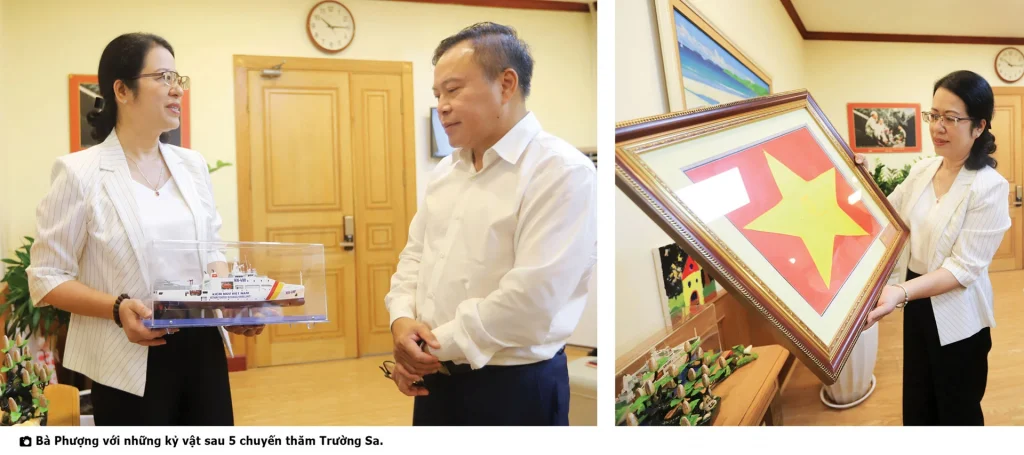

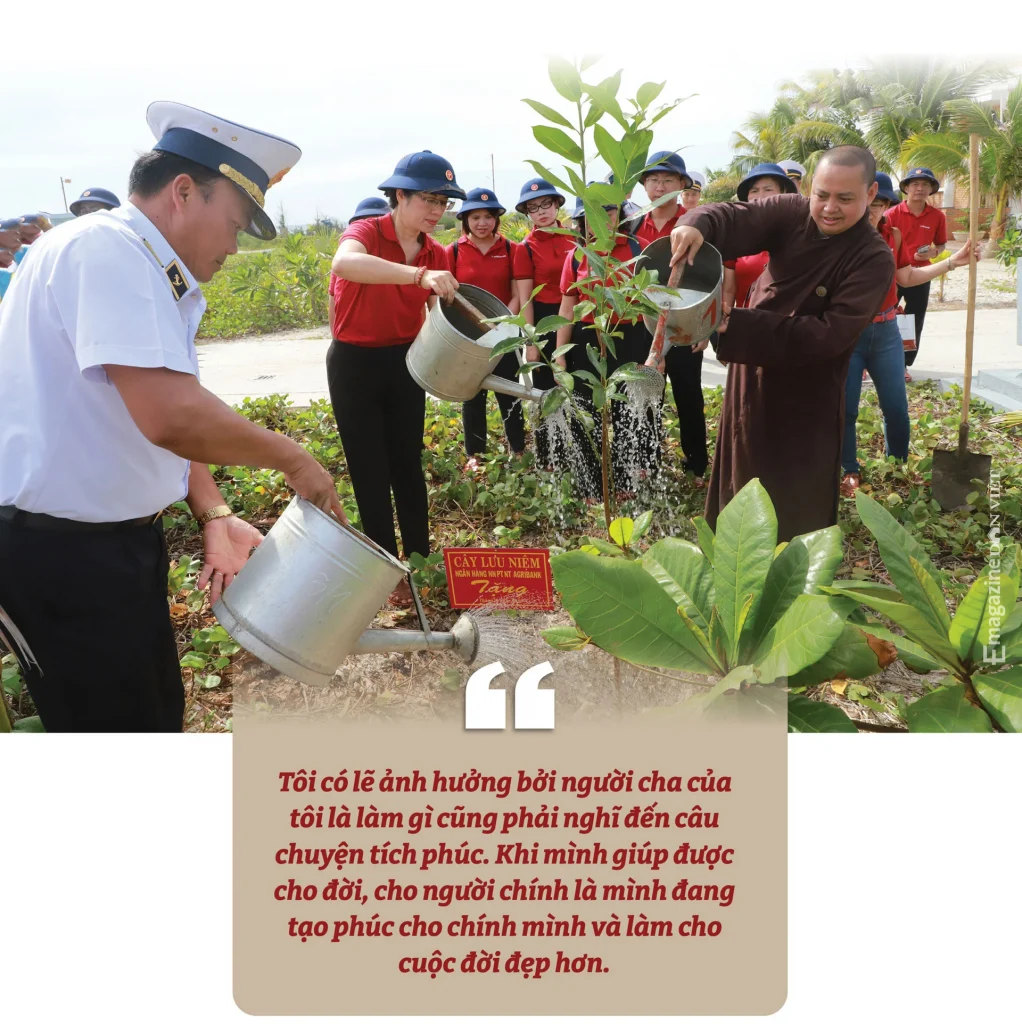
After leaving the army and returning to his family with his wife and children, to ordinary life, he continued to live a Buddhist life. That was shown through the way he behaved altruistically, the way he let go of everything, the way he thought simply and compassionately. He was very wise, looked at things through many different lenses and explained to his wife and children. As the only daughter, he often confided and told stories about his time as a monk and why he joined the resistance. He also explained how a monk joining the resistance was different from a normal person joining the resistance. He also had a period of thinking and struggling a lot about what it would be like for a monk to join the resistance. In the end, he said that he wanted to live a simple life and that was the reason he asked for early retirement.
What are you still worried about after more than 30 years of working at Agribank? - The worries never end, including expectations, desires and even impatience. But what I hope most is that today’s young generations of the Bank have enough enthusiasm and will to rise up, overcome all temptations and difficulties. And one important thing is that in the midst of the market economy development, there is a lot of pressure, how can we make them come back, love farmers and remember their purpose. That way, they will never stray from their original purpose when they step into Agribank.
Thank you for the conversation! 
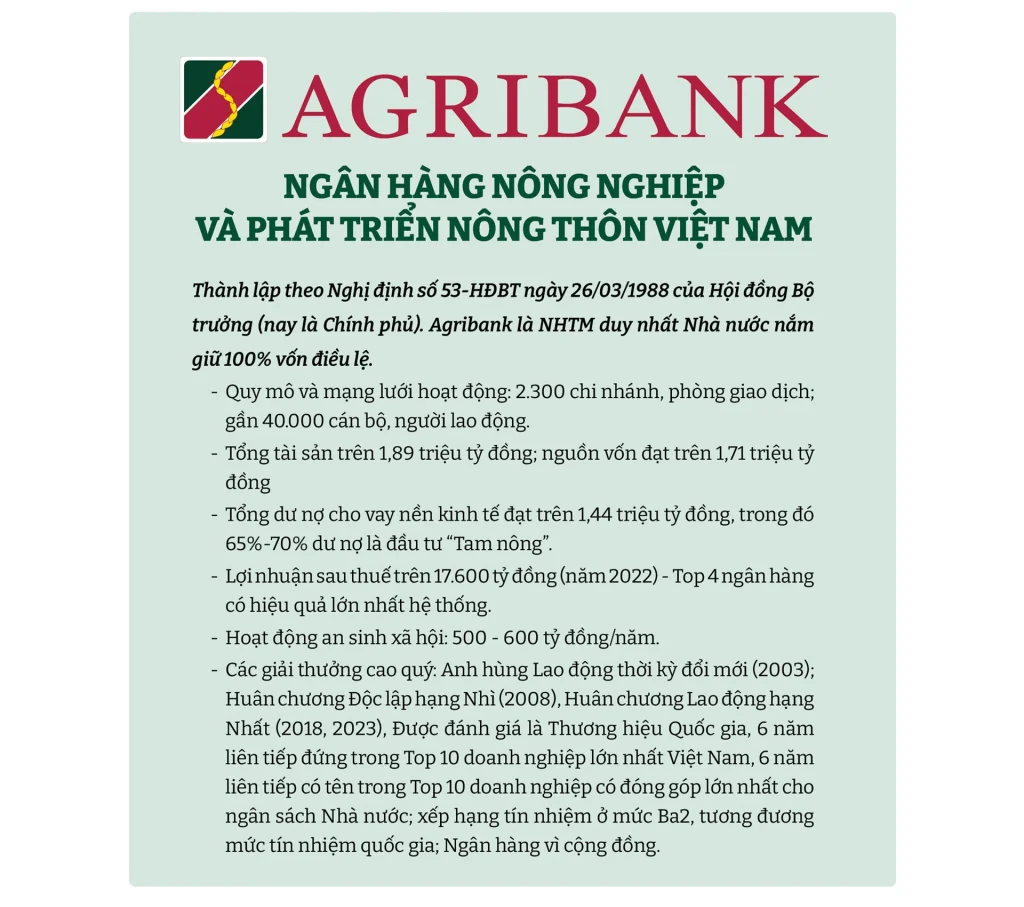
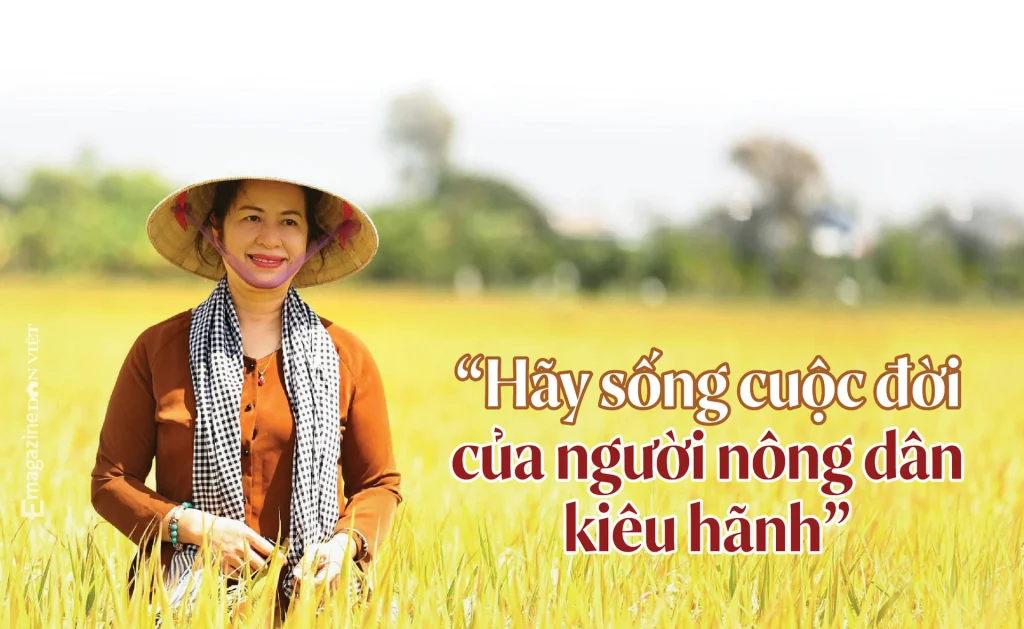









































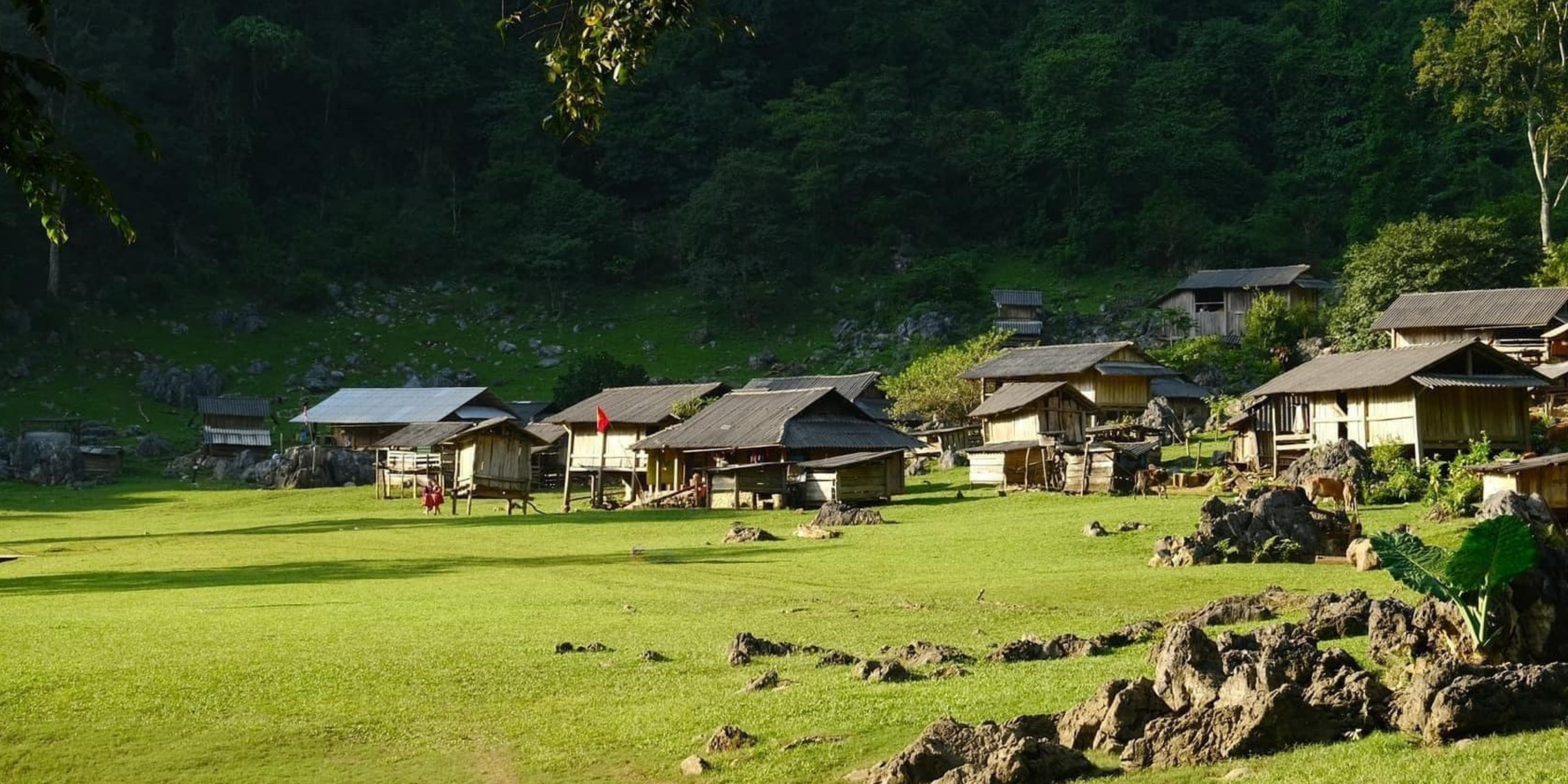
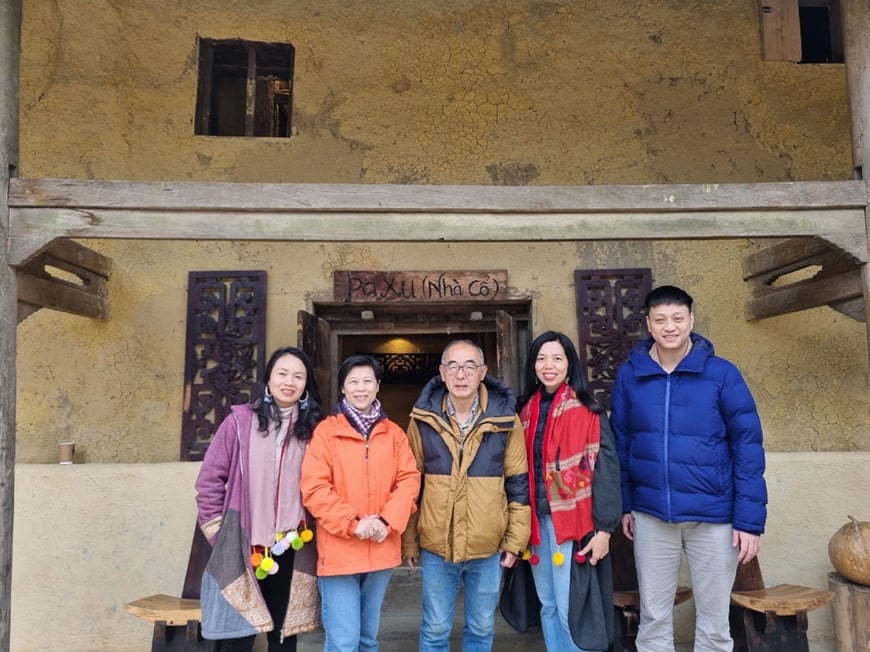



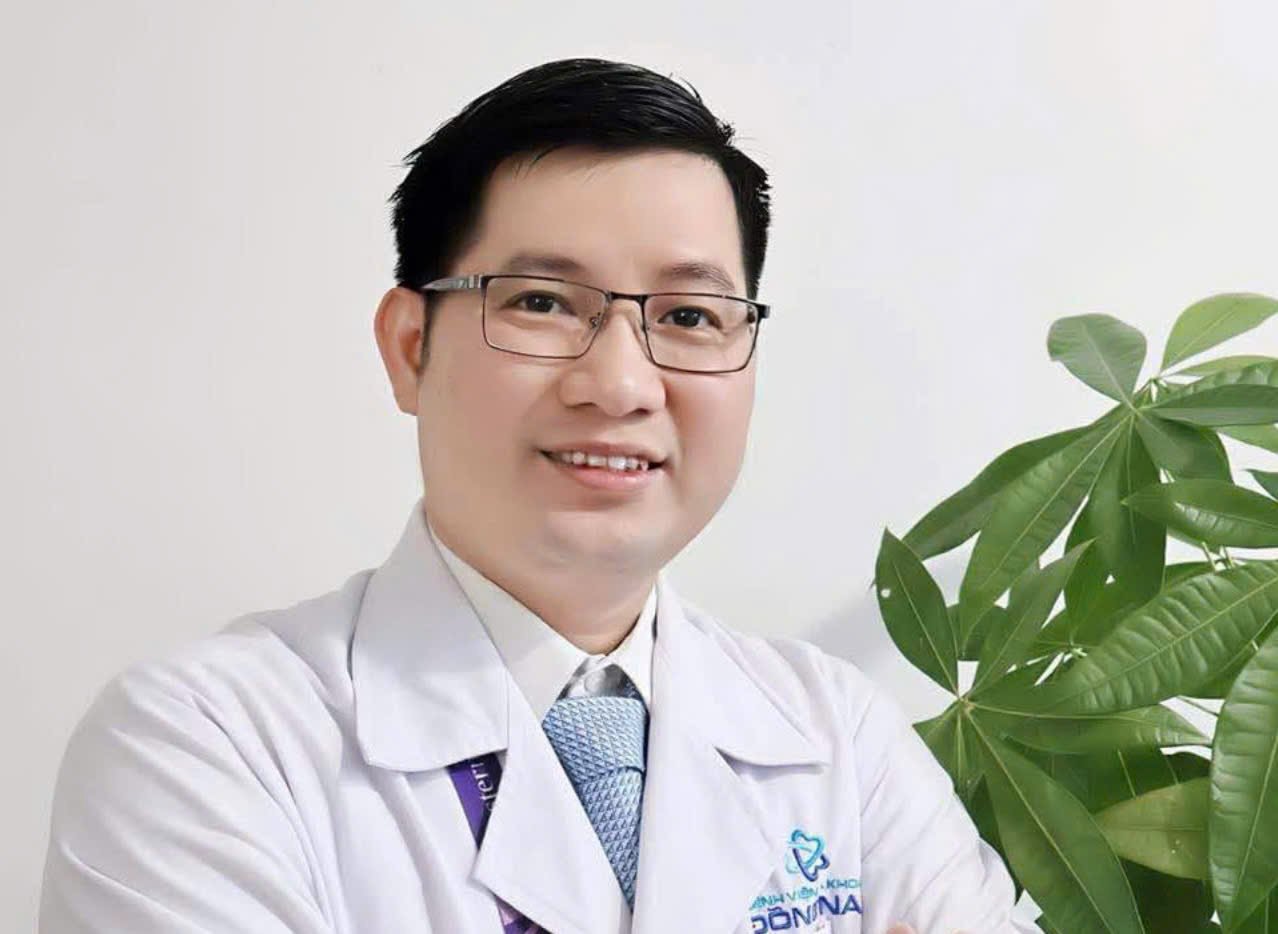

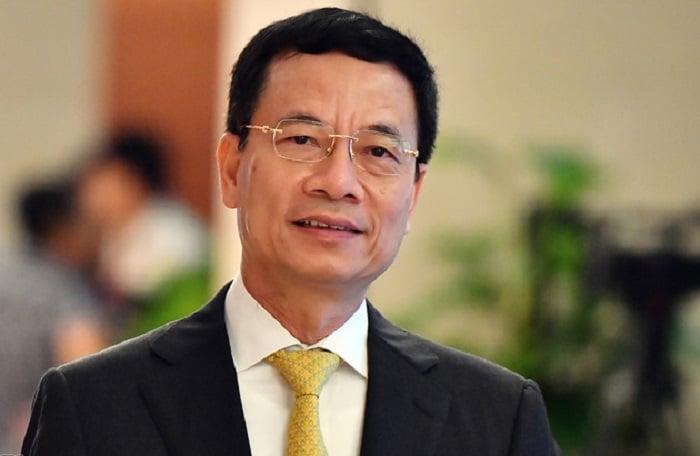



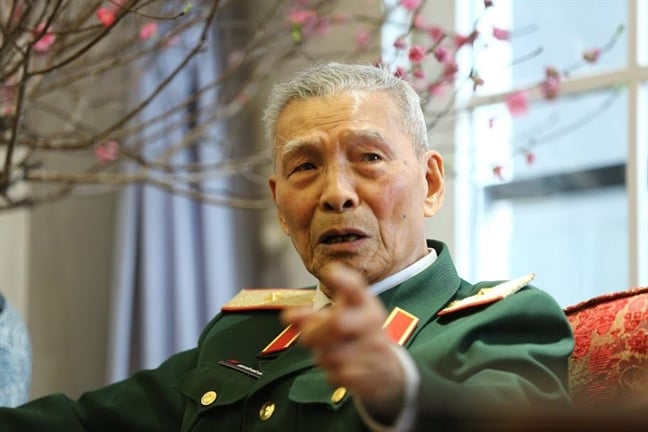
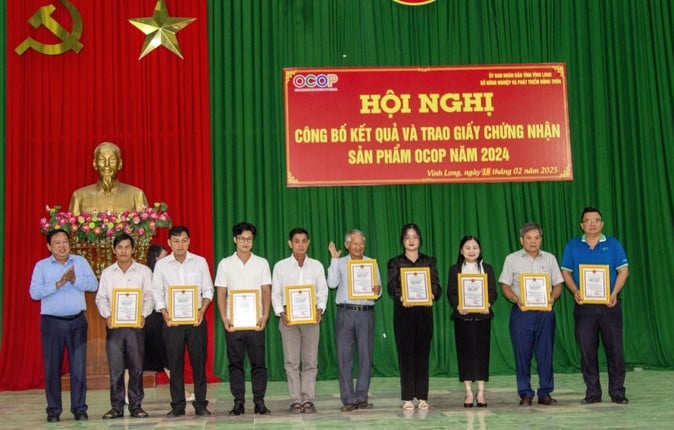


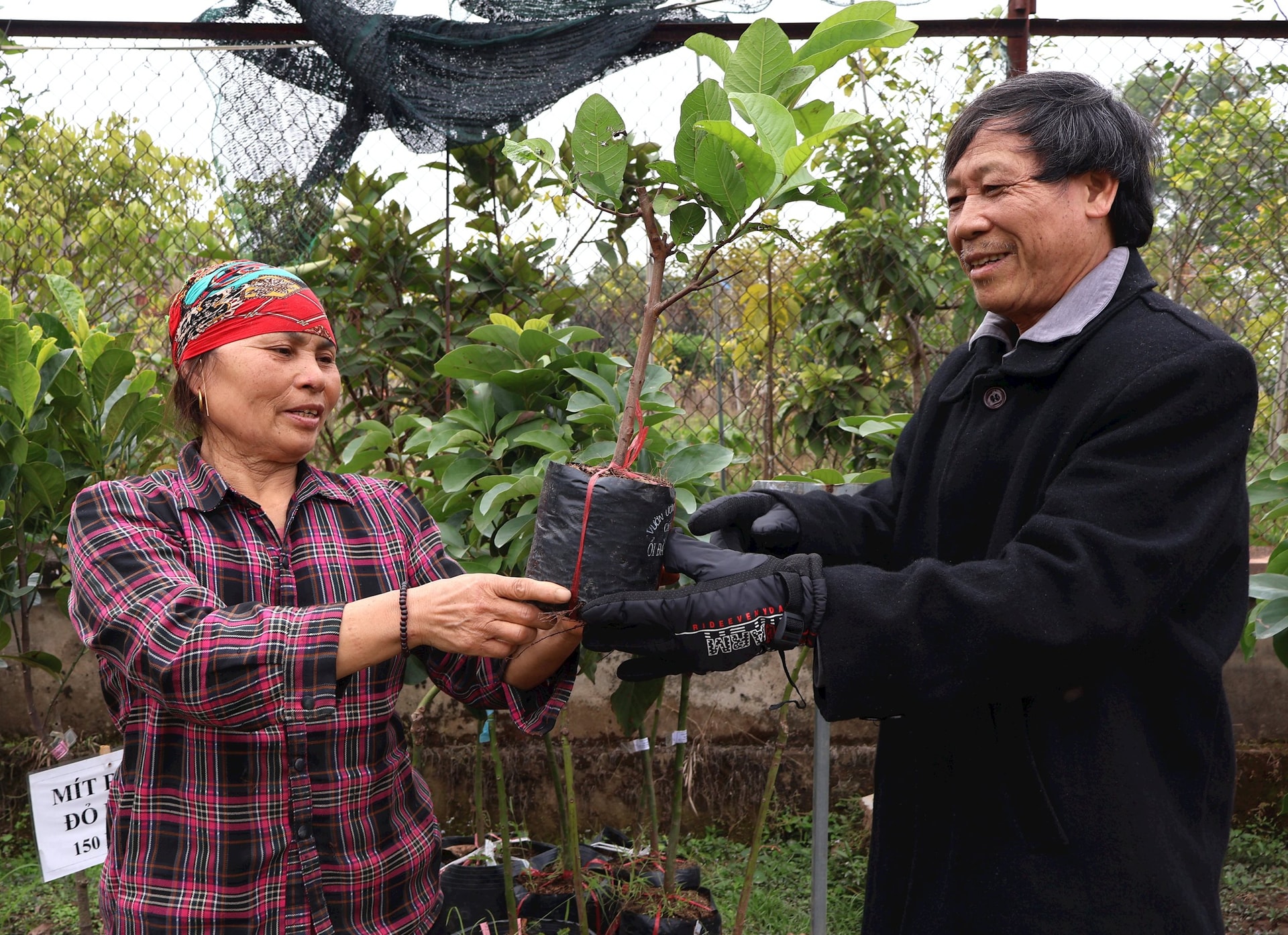
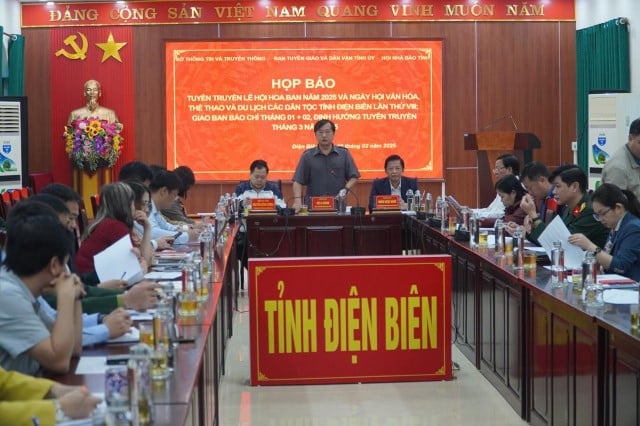
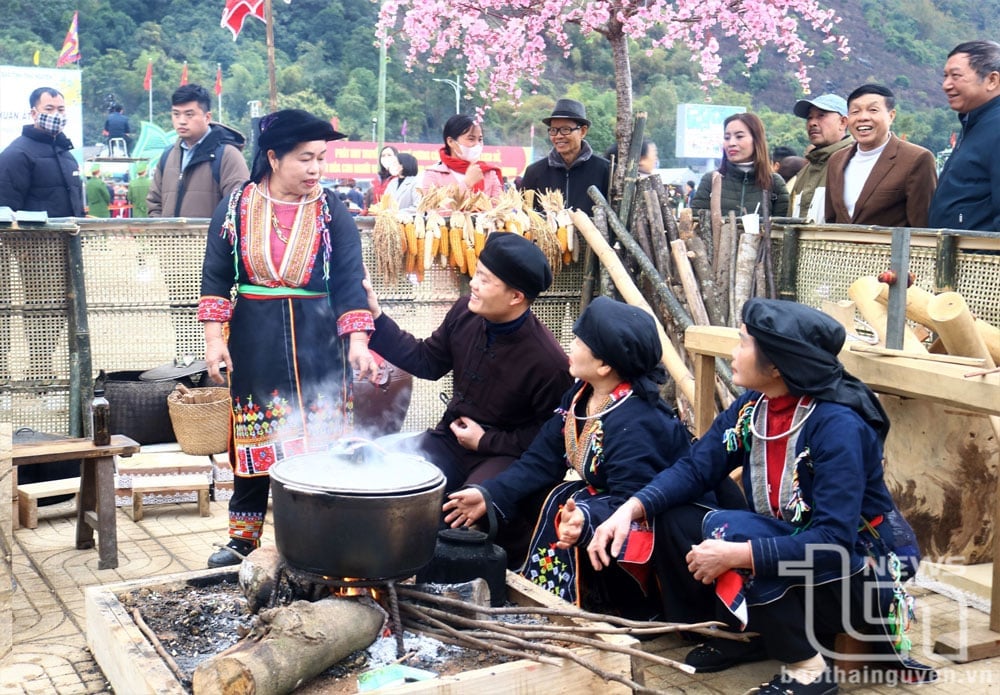


Comment (0)